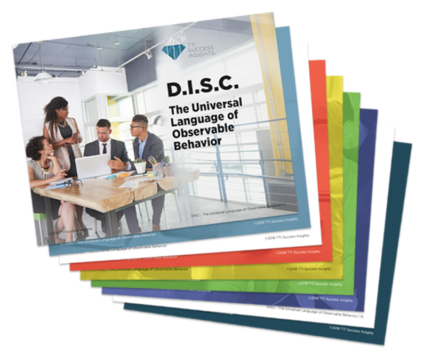
Our last post discussed how Productive Motives can be a powerful tool in productive conflict situations. Our unconscious and automatic default approach is often attached to faulty motives.
Sometimes we are faced with a difficult, challenging, or stressful situation that we’re either not willing or not able to resolve in a productive conversation. Of course, our DISC behavioral style and motivation has a lot to do with how we respond in these situations. But when we don’t feel safe to approach the conversation, we are likely falling back to what we call our “default approach” to get us through it. This approach usually isn’t a productive one and can be damaging to relationships and results.
3 Common Default Approaches
The three most common default approaches to conflict conversations are:
- Clam Up:
This is a tendency to remove yourself from a situation, give in, or just plain shut down in a conversation. This can span from being quiet, to leaving the meeting/conversation, to quitting your job.
DISC Behavioral Styles: Most common in high S - Amp Up:
This is a tendency to put on a façade or try to reel others into believing our point of view and often includes gossiping to other people about the situation. It can span from talking behind someone’s back, to covertly gathering support for your negative views, to ruining someone’s reputation.
DISC Behavioral Styles: Most common in high I - Blow Up:
This is a tendency to fight, dig or become aggressive in the conversation. It can span from just a raised voice, to intimidating body language, to threatening words or behaviors.
DISC Behavioral Styles: Most common in high D and high C (who have all their facts and are certain the other person is wrong)

What is your most common default approach?
What impact does it have on you, others, and results?
When your Default Approach is unconscious and automatic, you are embarking on a path toward unproductive conflict. The keys are awareness of your common default approaches, taking ownership of your default approach, and consciously engaging in productive conflict. Our next blog will get into more detail on the impact of and mastering your default approaches.






